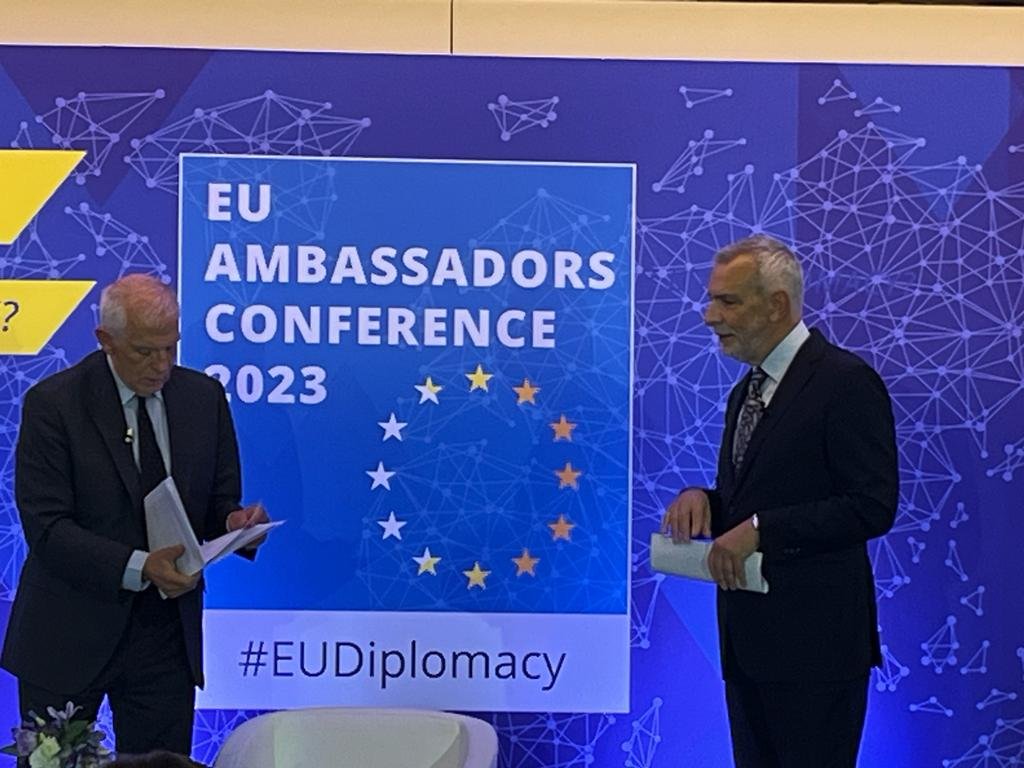By Linda Kwanjana
European Union (EU) Ambassador to Malawi Rune Skinnebach has hailed Malawi’s 44% devaluation saying the decision is long overdue.
Skinnebach has since announced his Government intention to support Malawi with 60 Million Euros to support measures that will help to cushion the economy from the devaluation.

In an exclusive interview with The Nation, Skinnebach said the 44 percent devaluation would create some hardships in the short-term, but stressed that it was a necessary measure to unlock the external financing Malawi desperately needs.
Skinnebach said the devaluation will position Malawi to unlock funds from donors upon securing the Extended Credit Facility (ECF) from the International Monetary Fund (IMF).
He said: “The devaluation is tough medicine, but it was necessary. Securing an ECF programme will signal to other development partners that Malawi is committed to structural reforms to promote economic stability.
“The EU is going to front-load about €60 million before the end of the year to inject some forex in the local economy. Later on, the EU plans to resume direct budget support. We are planning to disburse €54 million to the education sector.”
He stressed that government should start implementing some structural changes to ensure that Malawi does not regress in the medium to long-term.
Said Skinnebach: “We have to find ways of ensuring that we can boost our local exports and find ways of substituting some imports with locally-manufactured products.
“The government will also have to ensure fiscal discipline. It has to be prudent with the way it is using its resources. I know it will be hard now considering that we are heading into an election period where the public will be expecting politicians to be generous. But it will have to be done to maintain this new course.”
During a press briefing at Bingu International Convention Centre in Lilongwe earlier yesterday, Minister of Finance and Economic Affair Simplex Chithyola Banda said the devaluation was long overdue to protect the forex market considering that gross official reserves–the amount of forex under the direct control of the central bank–had been substantially low.
He said: “The Reserve Bank was having to spend too many of our foreign reserves just to sustain the low exchange rate, which was becoming unsustainable in the wake of US dollar shortages. As a result, importing strategic commodities that boost production, such as fuel and fertiliser, was a challenge.”


